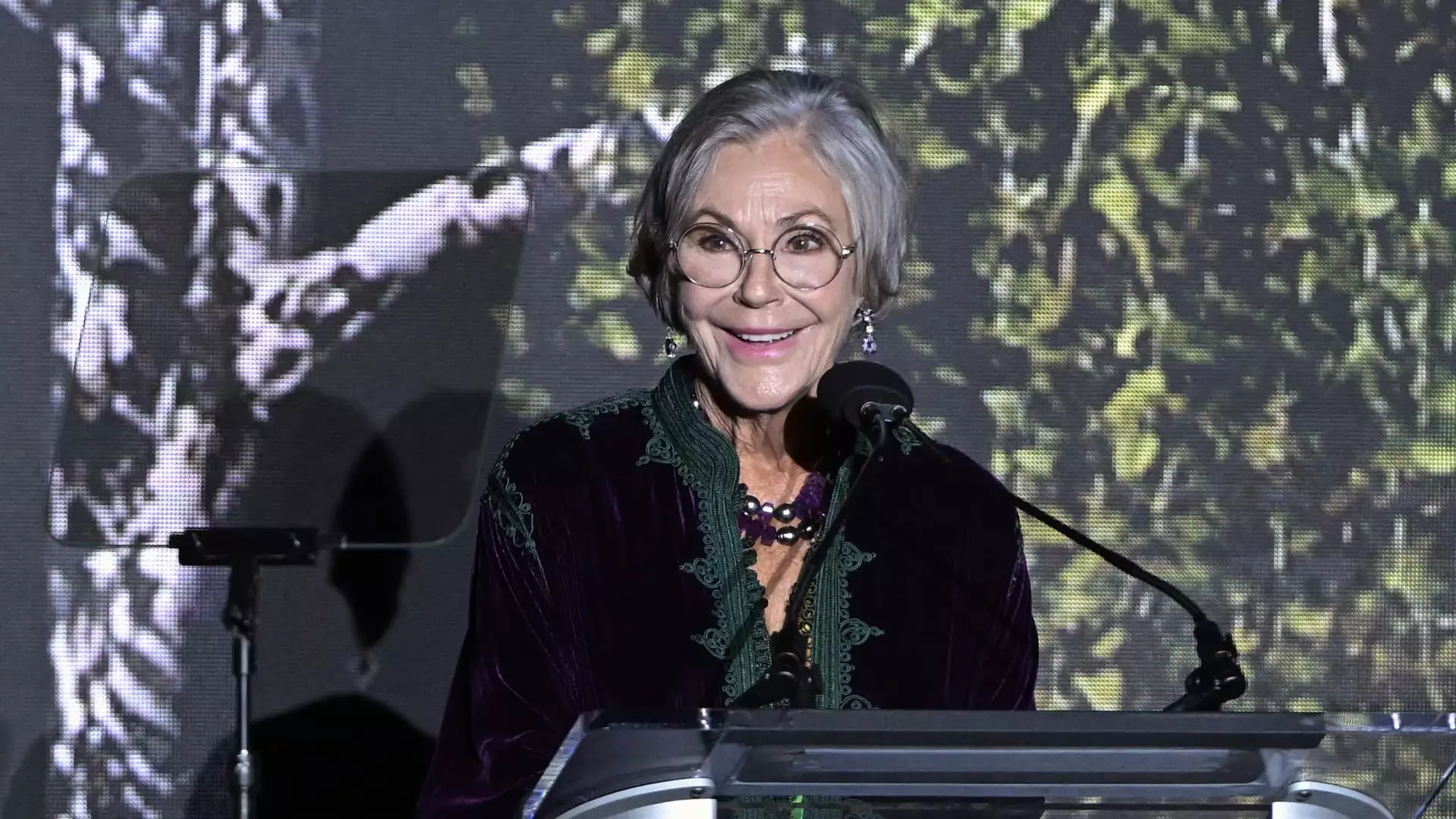Women have increasingly entered the upper echelons of global wealth, marking a significant transition in the traditional narrative surrounding billionaires. While the vast majority of billionaires are still men, recent analyses reveal a gradual and remarkable growth in the wealth held by women, alongside their philanthropic endeavors and priorities. This trend is not merely a statistical anomaly but indicative of broader societal shifts that are reconfiguring wealth distribution and usage.
According to recent data, women constitute approximately 13% of the total billionaire population, totaling 431 individuals within the 3,323 billionaires documented worldwide. Although this figure may initially appear modest, it represents a considerable increase over the last decade, highlighting a slow yet steady progression towards gender parity in wealth accumulation. Factors contributing to this rise include enhanced opportunities in entrepreneurship for women, evolving cultural attitudes towards women’s roles in business, and a significant uptick in inter-generational wealth transfers that favor female beneficiaries.
Interestingly, a substantial portion of female billionaires have benefited from inheritances; a staggering 75% of these women owe their financial status, at least in part, to wealth passed down from previous generations. This contrasts sharply with male billionaires, only 5% of whom have inherited their fortunes entirely. High-profile examples such as Alice Walton and Françoise Bettencourt Meyers exemplify this trend, with each woman inheriting profound wealth within family dynasties. The implications of this dependency on inheritance not only shape the lives of these women but also influence their philanthropic engagement and investment strategies.
Notably, women billionaires exhibit different philanthropic priorities compared to their male counterparts. Approximately 20% of female billionaires dedicate the majority of their professional time to nonprofit initiatives, in stark contrast to a mere 5% of men. This inclination towards charitable work may stem in part from the relatively less commercial focus of inherited wealth, encouraging female billionaires to invest their time in social causes. The link between inherited wealth and early engagement in philanthropy suggests that those who receive wealth through family legacies are more inclined to contribute back to society, emphasizing issues of social justice and welfare.
The expected transfer of wealth to women, estimated at a staggering $30 trillion over the next decade, will likely further amplify this trend. As more women inherit substantial fortunes, they are poised to not only reshape philanthropic landscapes but potentially alter investment paradigms as well.
The financial portfolios of female billionaires diverge notably from those of their male counterparts. Women tend to hold a higher percentage of private company assets, with 35% of their portfolios in private holdings, compared to just 28% for men. They also maintain a more significant share of liquid assets and cash, reflecting a cautious and strategic approach to risk. In contrast, men dominate stock ownership, attributed largely to the technology-driven wealth associated with public companies.
Real estate ownership showcases another divergence in wealth characteristics; women billionaires are statistically more likely to invest in luxury real estate, with a 1.5 times higher likelihood of holding properties exceeding $10 million in value. This underlines a preference for stable, tangible investments as opposed to the volatile stock market favored by many male billionaires. Male billionaires also boast a penchant for luxury goods, with toys such as private jets and high-end cars being more prevalent among them.
The emergence of women in the upper echelons of wealth is more than just a numerical expansion; it symbolizes a transformative cultural shift that challenges traditional understandings of wealth and power. As female billionaires grow in number and influence, their prioritization of philanthropy, real estate, and liquid investments epitomizes changing values that favor societal betterment over conspicuous consumption. As this trend continues, we may find that the future of wealth—and its responsible stewardship—takes a distinctly feminine form.


Leave a Reply